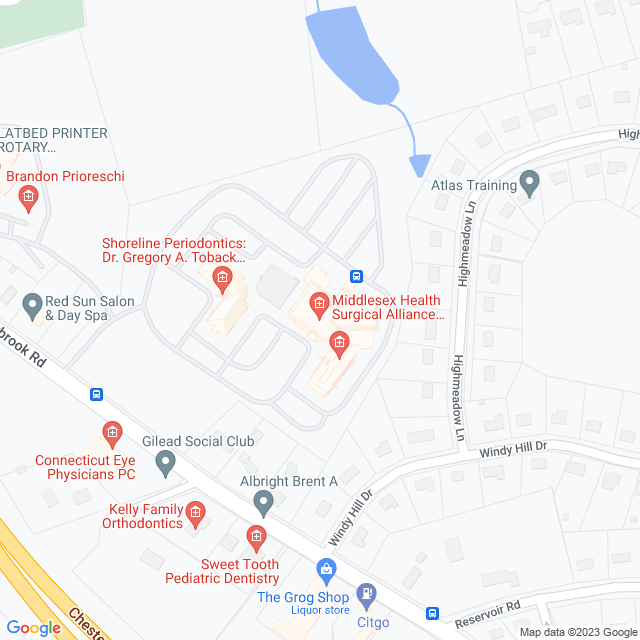
Comprehensive Breast Center

Or, if you're not sure what you're looking for, you can:
Browse Specialists
Browse Primary Care
Or, if you're not sure what you're looking for, you can:
Browse All Conditions & Care Services


Middlesex Health’s Comprehensive Breast Center brings together all of our breast health services under one roof. This unified structure allows for exceptional communication among your care team, and multiple procedures — such as mammograms and ultrasounds — can be done on the same day.
The innovative technology available at the Middlesex Health Comprehensive Breast Center allows our team to detect and diagnose breast health issues quickly and accurately. Early detection combined with the expertise of Middlesex Health’s oncologists, surgeons, and medical staff allows us to guide breast cancer patients from diagnosis through treatment and into survivorship.
Louise White, RN, CBCN, CAPA is the Breast Nurse Navigator at the Middlesex Health Cancer Center.
Nurse Navigators are specialized registered nurses who guide patients through their cancer journey. They can provide education and support, and they help connect patients to other supportive services, such as social work or nutritional counseling.
Breast cancer is the most common cancer in women. If you're worried about developing breast cancer, there are some steps you can take to lower your chances. Some risk factors, such as family history, can not be changed. However, lifestyle changes can lower your risk. Even one change might make a big difference.
Limit alcohol: The more alcohol you drink, the greater your risk of developing breast cancer.
Maintain a healthy weight: If your weight is healthy, work to maintain it. If you need to lose weight, ask your doctor about healthy strategies.
Eat a healthy diet: Eating a healthy diet might decrease your risk of some types of cancer as well as diabetes, heart disease, and stroke.
Be physically active: Physical activity can help maintain a healthy weight, which helps prevent breast cancer.
Breastfeed: Breastfeeding may play a role in breast cancer prevention. The longer you breastfeed, the greater the protective effect.
Limit post-menopausal hormone therapy: Combination hormone therapy (estrogen and progesterone) after menopause may increase the risk of breast cancer. Talk with your doctor about the risks and benefits of hormone therapy.
Episode 10 presented an panel from Middlesex Health, featuring Dr. Andrea Malon, Director of the Middlesex Health Cancer Center and Breast Surgeon, and Dr. Kertrisa McWhite, Breast Surgeon, who discussed Breast Health Awareness by sharing vital facts and debunking common myths about breast health and the importance of breast exams.
Lynn Alston, Community Breast Health Lay Navigator, also joined the show to talk about her crucial role in advocating for and assisting women in understanding and prioritizing their breast health.
This episode highlights the collective efforts of remarkable individuals, businesses, and nonprofits working together to make Middlesex County a wonderful place to live.
2 Specialty Care Locations


Our program is accredited by the National Accreditation Program for Breast Centers. Learn more about how this enhances the quality of your care:
